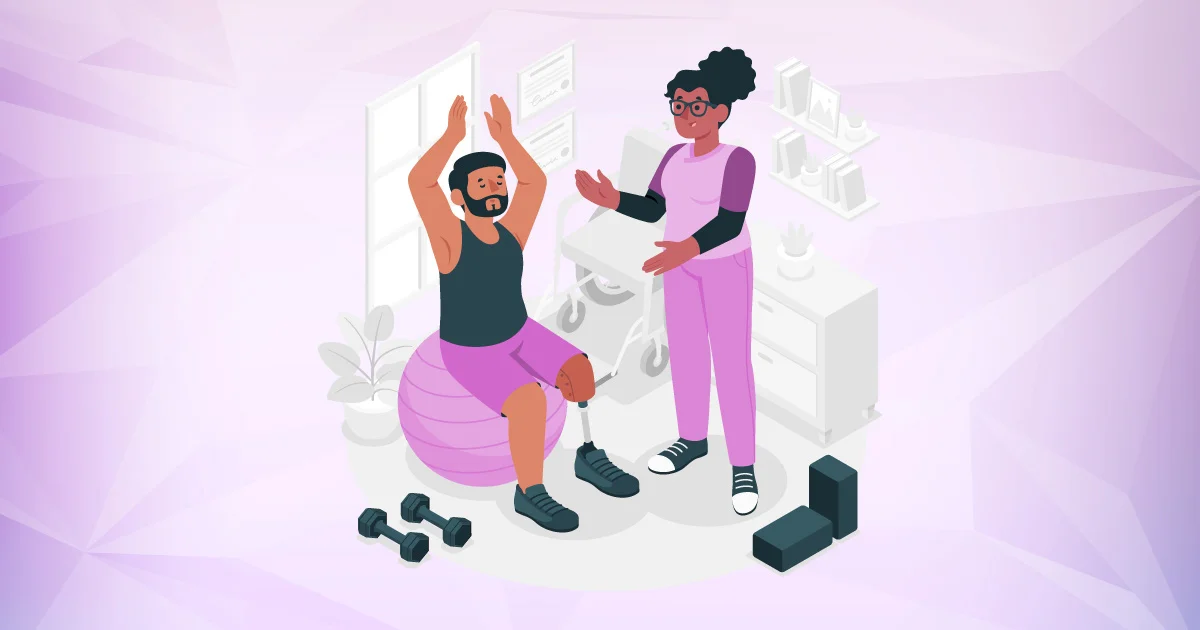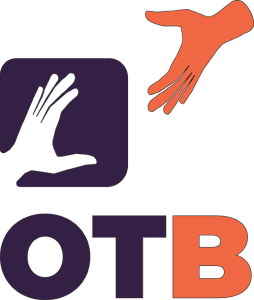The National Disability Insurance Scheme (NDIS) is a life-changing program designed to help Australians with disabilities. One of its key offerings is therapy assistance. Therapy can be vital to improving the quality of life for people with disabilities, helping them achieve greater independence, confidence, and well-being.
In this blog, we will explore what NDIS therapy assistance is, who can access it, the types of therapies available, and how it can positively impact participants and their families.
What Is NDIS Therapy Assistance?
NDIS therapy assistance helps people with disabilities improve their physical, mental, and social skills. It is part of their NDIS plan and is customised to meet their needs. With this therapy assistance, participants can access qualified therapists who help them work toward their goals. Depending on their needs, the therapy may include physical therapy, speech therapy, or mental health support. The goal of NDIS therapy assistance is to help participants live more independently and enhance their quality of life through the right support.
Who Can Access NDIS Therapy Assistance?
To access therapy assistance, you must be a participant in the NDIS. Eligibility for the NDIS includes:
- Being under 65 years of age when applying.
- Living with a permanent and significant disability.
- Being an Australian citizen, permanent resident, or holder of a Protected Special Category Visa.
Once eligible, you work with an NDIS planner to create a plan tailored to your needs. Therapy assistance will be included if it aligns with your goals and is considered reasonable and necessary.
Types of Therapies Available Under the NDIS
This therapy assistance covers a wide range of therapeutic services, including:
1. Physiotherapy
Physiotherapy helps participants improve their physical mobility, strength, and coordination. It can be beneficial for managing pain, recovering from injuries, or enhancing overall physical health.
2. Occupational Therapy
Occupational therapy focuses on helping participants perform everyday tasks, such as dressing, cooking, or using public transport. It aims to enhance independence and make daily life easier.
3. Speech Therapy
Speech therapy supports participants who have difficulties with communication, language, or swallowing. This therapy is crucial for improving social interactions and quality of life.
4. Psychological Services
Psychologists help participants manage their mental health by addressing issues such as anxiety, depression, or trauma. This support can improve emotional well-being and coping strategies.
5. Behaviour Support
Behaviour support services help participants manage challenging behaviours and develop positive habits. This therapy can also assist families and caregivers in understanding and supporting the participant’s needs.
6. Exercise Physiology
Exercise physiologists design physical activity programs tailored to the participant’s abilities and goals. These programs can improve physical health, fitness, and overall well-being.
7. Podiatry and Other Specialist Therapies
For participants with specific needs, the NDIS may also fund therapies like podiatry, music therapy, or art therapy. These therapies address unique challenges and contribute to holistic care.
How Does Therapy Assistance Help Participants?
Therapy assistance can improve the lives of people with disabilities and their families. Here are some key benefits:
- More Independence: Therapy helps participants learn skills that allow them to do things by themselves. Whether it’s learning to walk with support or communicate more clearly, these skills can make life easier and help them do things on their own.
- Better Physical and Mental Health: Regular therapy can improve both physical and mental health. Participants may move better, feel less pain, and gain more confidence. Therapy helps them feel stronger in both body and mind.
- Stronger Social Connections: Therapy can help participants connect better with others. For example, speech therapy can help them speak more clearly, while mental health therapy can help them feel better about themselves. This makes it easier for them to interact with friends, family, and others.
- Support for Families and Caregivers: Therapy also helps families and caregivers. It teaches them how to understand the needs of the participant and how to offer support. This makes it easier for families to help in everyday life.
- Personalised Care: Each participant has their own NDIS plan, meaning therapy is specially designed for their goals and needs. This ensures they get the right therapy for their situation.
Overall, therapy assistance helps people with disabilities live more independent, healthy, and connected lives.
How to Access NDIS Therapy Assistance
To access therapy assistance through the NDIS, follow these steps:
- Apply for NDIS: If you are not yet a participant, start by applying through the NDIS website or your local NDIS office.
- Create a Plan: Work with an NDIS planner to develop a plan that includes your therapy needs.
- Find Providers: Choose registered NDIS providers who offer the therapies you need. Your local area coordinator or support coordinator can help you find suitable options.
- Use Your Funding: Once your plan is approved, you can use your NDIS funding to book therapy sessions with your chosen providers.
Tips for Maximising Your Therapy Assistance
To make the most of your therapy assistance, it’s important to set clear and achievable goals with your therapist. Open communication is key—share any challenges or progress you’re experiencing so your therapist can help you make the most of each session. Consistency is also important, as regular sessions can lead to better results. Take time to review your progress and, if necessary, adjust your plan to ensure you’re staying on track to meet your goals.
Conclusion
This therapy assistance helps people with disabilities live more independent and happy lives. It gives them access to different types of therapy to reach their goals and feel better. If you or someone you know has a disability, the NDIS offers support to make positive changes. Start the journey to a better future with NDIS therapy assistance and see how it can help improve life.

